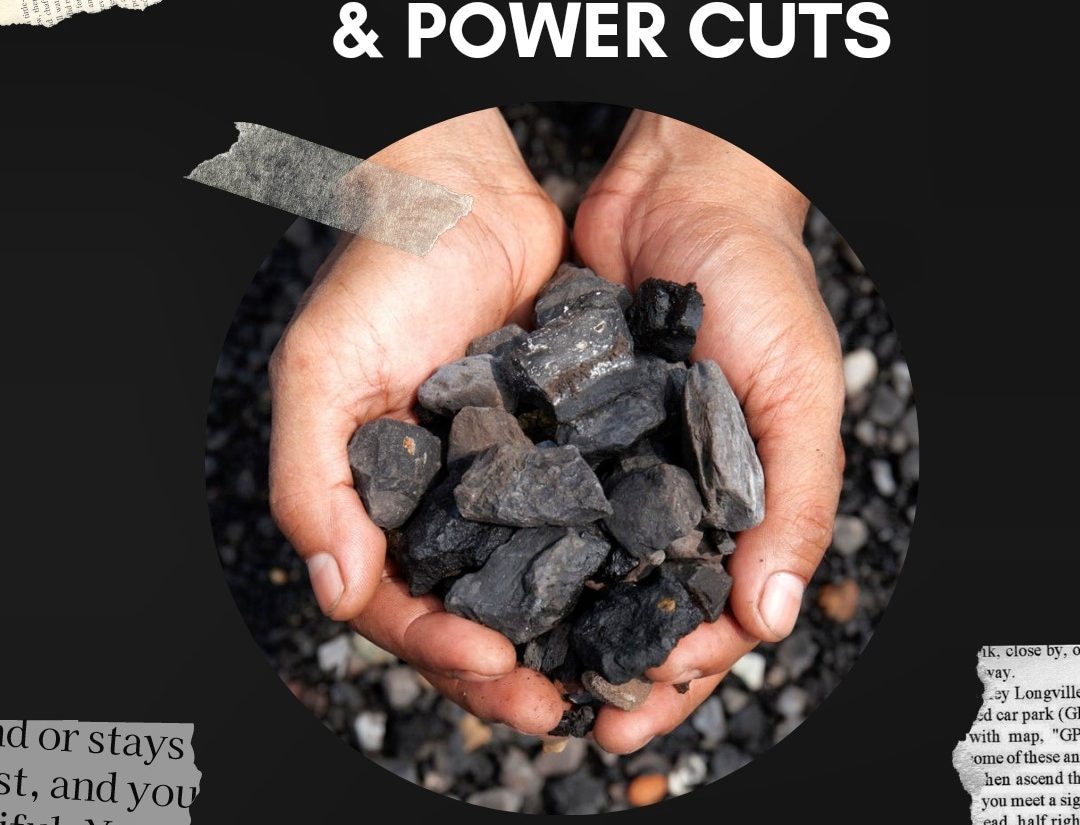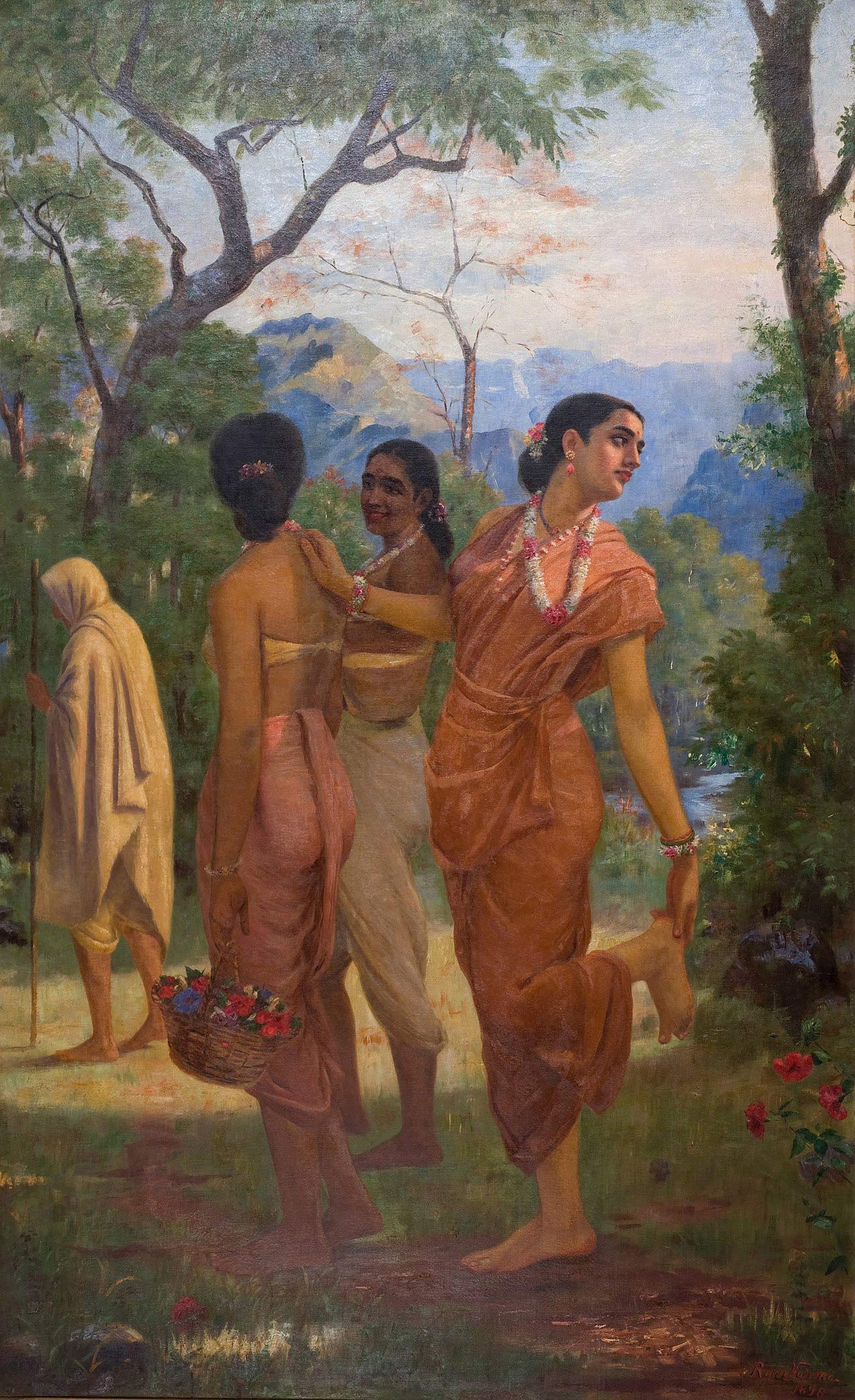
Article by EIH Subject Matter Expert
Dr. Sonika Sandhu
Coal is the most identifiable and relatable of all the known fossil fuels and has one of the longest and the most varied historical profiles. It has been used by Romans in heating during the 100-200 CE and was in active use in England from second and third centuries onwards. By 1700s, the English preferred coal over as a fuel over wood charcoal as it burned cleaner and hotter. In North America during the 13th century the Hopi Indians were using coal for cooking, heating and in baking pottery. Not only in the west but coal has been part of India’s history since time immorial. First commercial mining operations began in 1774 at the Raniganj coal fields in West Bengal. With the introduction of steam locomotives during the first world war the coal production and usage also spurred in India. Coal played a major role behind the success of the British industrialization.
However today commercial mining depends on the need of the domestic consumption and is not governed by imperialistic greed. Various coal fields have their designated industries which they serve and supply to, for example the Jharia coal fields supply to steel industry. From 1970s the coal mines and industry have undergone a standardization. This was done in two phases from the period of 1971-72 coking coal mines were standardized and from 1973 non coking coal mines. Further, the Coking Coal Mines (Emergency Provisions) Act, 1971 was also enacted for the public interest pending the nationalization process. Later, the Coking Coal Mines (Nationalization) Act, 1972 was enacted to bring all the coking mines and plants apart from the Tata Iron and Steel Company Ltd and Indian Iron and Steel Company Ltd into the nationalization process. All these were brought under the Bharat Coking Coal Ltd, a government company. The Coal Mines (Taking Over of Management)Act, 1973 gave the right to the government to manage the coking and non-coking mines in seven States which were later nationalized with the enactment of the Coal Mines (Nationalization) Act, 1973 which determines the eligibility of coal mining in our country.
Today coal caters to nearly half of India’s commercial primary energy supply and is the dominant fuel for power production. In 2014, Prime Minister Narendra Modi put forth energy goals for the renewable energy development with the aim to quadruple the energy generation by 2022. However despite the push and growth of the renewable sector coal still remains the primary fuel for electricity generation in India. Because of our energy needs we use domestic coal but also import roughly 200 million tonnes of coal annually. Power plants are designed to operate on coal of a specific quality—small deviations may lower efficiency while larger differences may not allow operations. Many plants in coastal areas far from coal mines are designed to run on imported coal. Imports are also blended with domestic coal to improve the average heat value—Indian coal generally has a high ash content and low heat value.
With reducing coal supplies and global supply chains being impacted by Ukraine-Russia War, alternate sources of power generation must be tapped. In this reeling heat wave, many urban cities are facing severe power cuts due to lack of ample coal supplies. Again an indication towards impending climate changes and global heating coming our way. It is high time that we move away from fossil fuels and supplement our power and energy with multiple clean energy sources. Small changes and choices at domestic levels reap huge dividends at National level plus it also develops a more conservative and conscious mentality and thought process towards our planet.




















